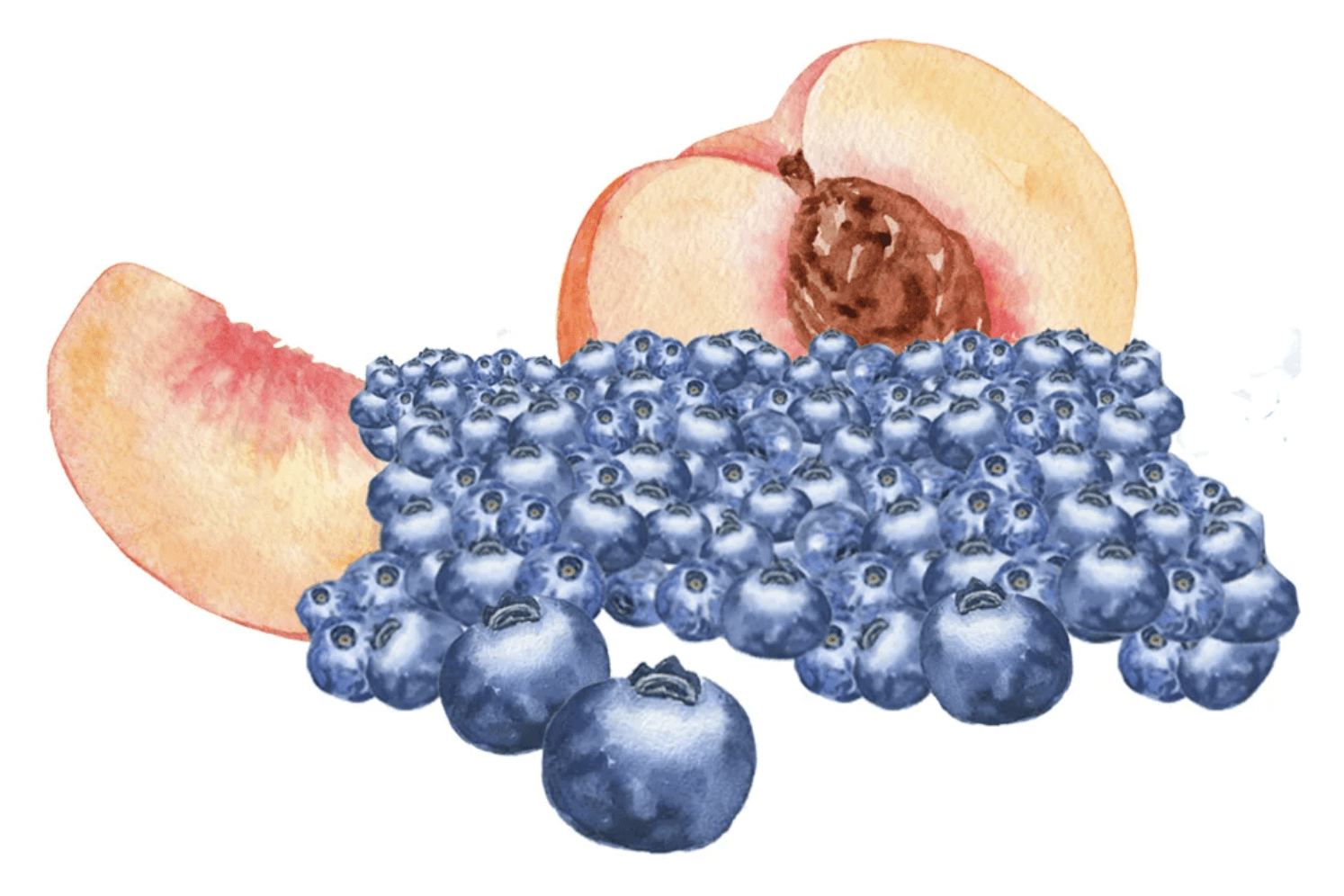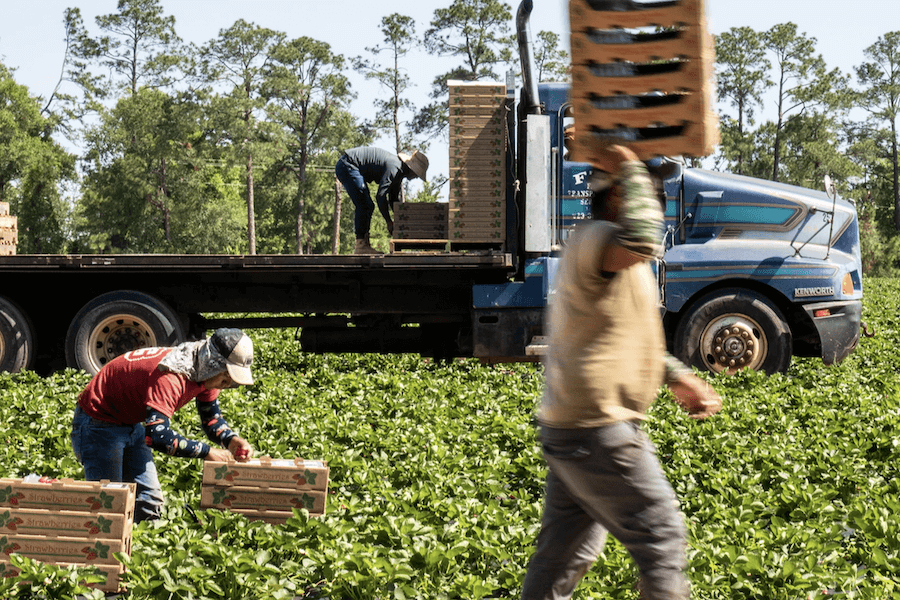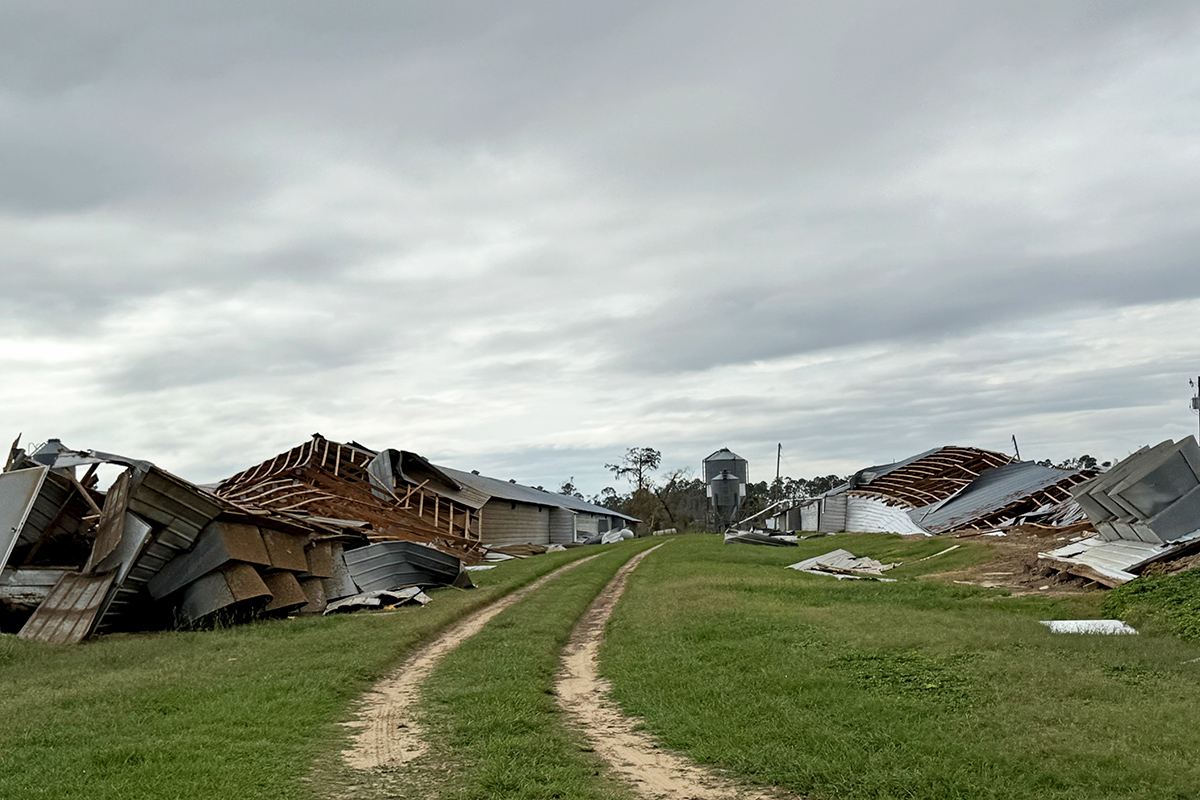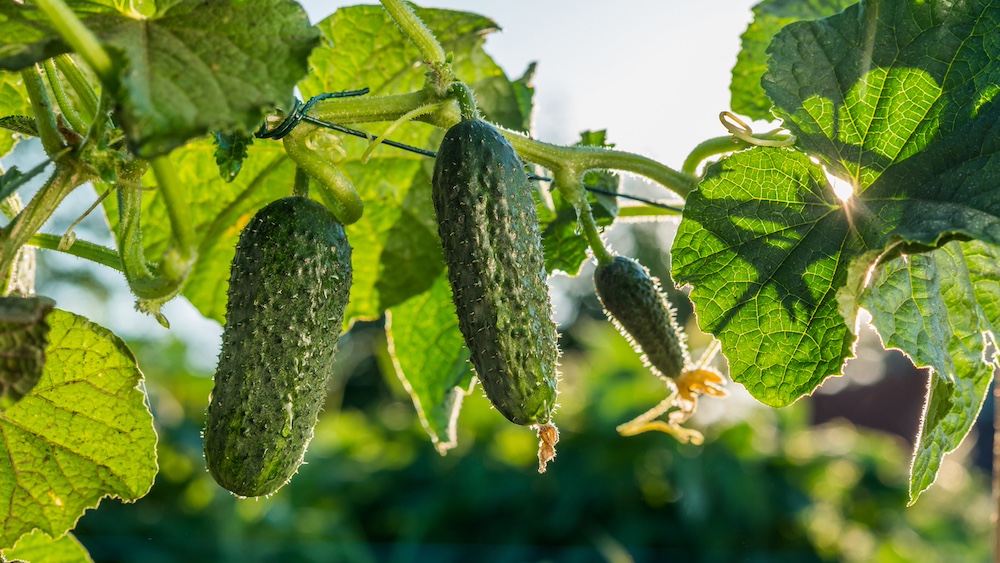 CAES News
CAES News
Field to Pancakes
From bringing more than 50 varieties to market to monitoring the growing economic impact of the blueberry, this series dives into the multidisciplinary University of Georgia research behind the top-10 Georgia commodity. “The UGA blueberry breeding program has been a key to the success of launching a significant commercial blueberry industry in Georgia in the 1980s and helping sustain it for four decades,” said Scott NeSmith, professor emeritus in the College of Agricultural and Environmental Sciences.









